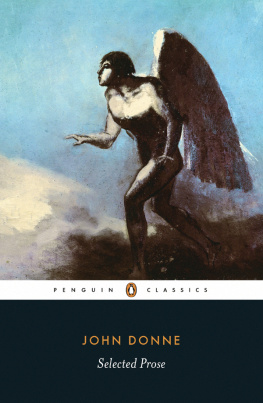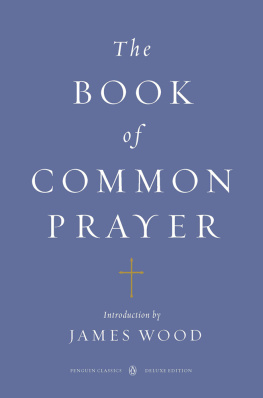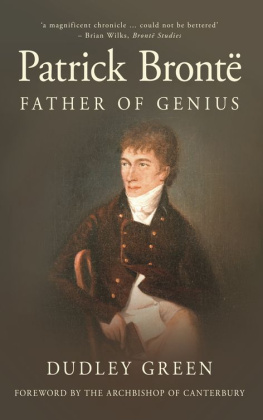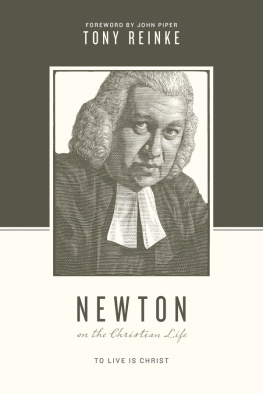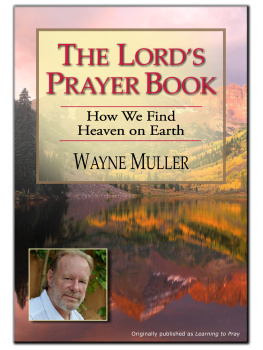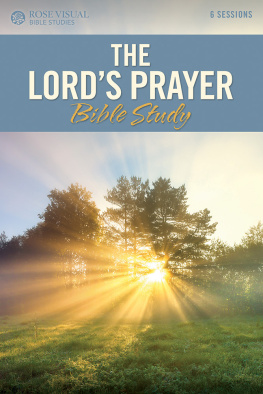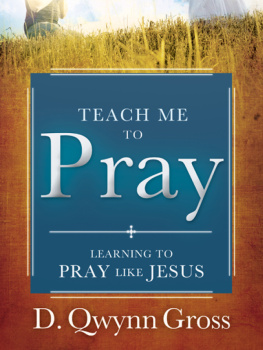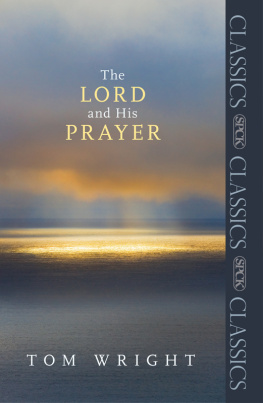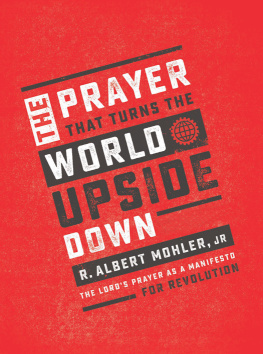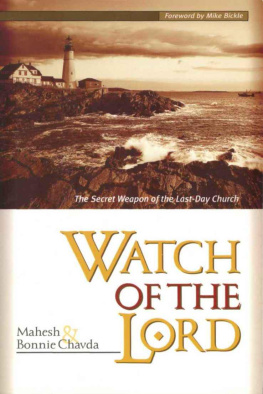Church of England - The Lord and His Prayer
Here you can read online Church of England - The Lord and His Prayer full text of the book (entire story) in english for free. Download pdf and epub, get meaning, cover and reviews about this ebook. City: Grand Rapids;Michigan, year: 2014, publisher: Wm. B. Eerdmans Publishing Co.;William B. Eerdmans Publishing, genre: Religion. Description of the work, (preface) as well as reviews are available. Best literature library LitArk.com created for fans of good reading and offers a wide selection of genres:
Romance novel
Science fiction
Adventure
Detective
Science
History
Home and family
Prose
Art
Politics
Computer
Non-fiction
Religion
Business
Children
Humor
Choose a favorite category and find really read worthwhile books. Enjoy immersion in the world of imagination, feel the emotions of the characters or learn something new for yourself, make an fascinating discovery.

- Book:The Lord and His Prayer
- Author:
- Publisher:Wm. B. Eerdmans Publishing Co.;William B. Eerdmans Publishing
- Genre:
- Year:2014
- City:Grand Rapids;Michigan
- Rating:5 / 5
- Favourites:Add to favourites
- Your mark:
- 100
- 1
- 2
- 3
- 4
- 5
The Lord and His Prayer: summary, description and annotation
We offer to read an annotation, description, summary or preface (depends on what the author of the book "The Lord and His Prayer" wrote himself). If you haven't found the necessary information about the book — write in the comments, we will try to find it.
The Lord and His Prayer — read online for free the complete book (whole text) full work
Below is the text of the book, divided by pages. System saving the place of the last page read, allows you to conveniently read the book "The Lord and His Prayer" online for free, without having to search again every time where you left off. Put a bookmark, and you can go to the page where you finished reading at any time.
Font size:
Interval:
Bookmark:
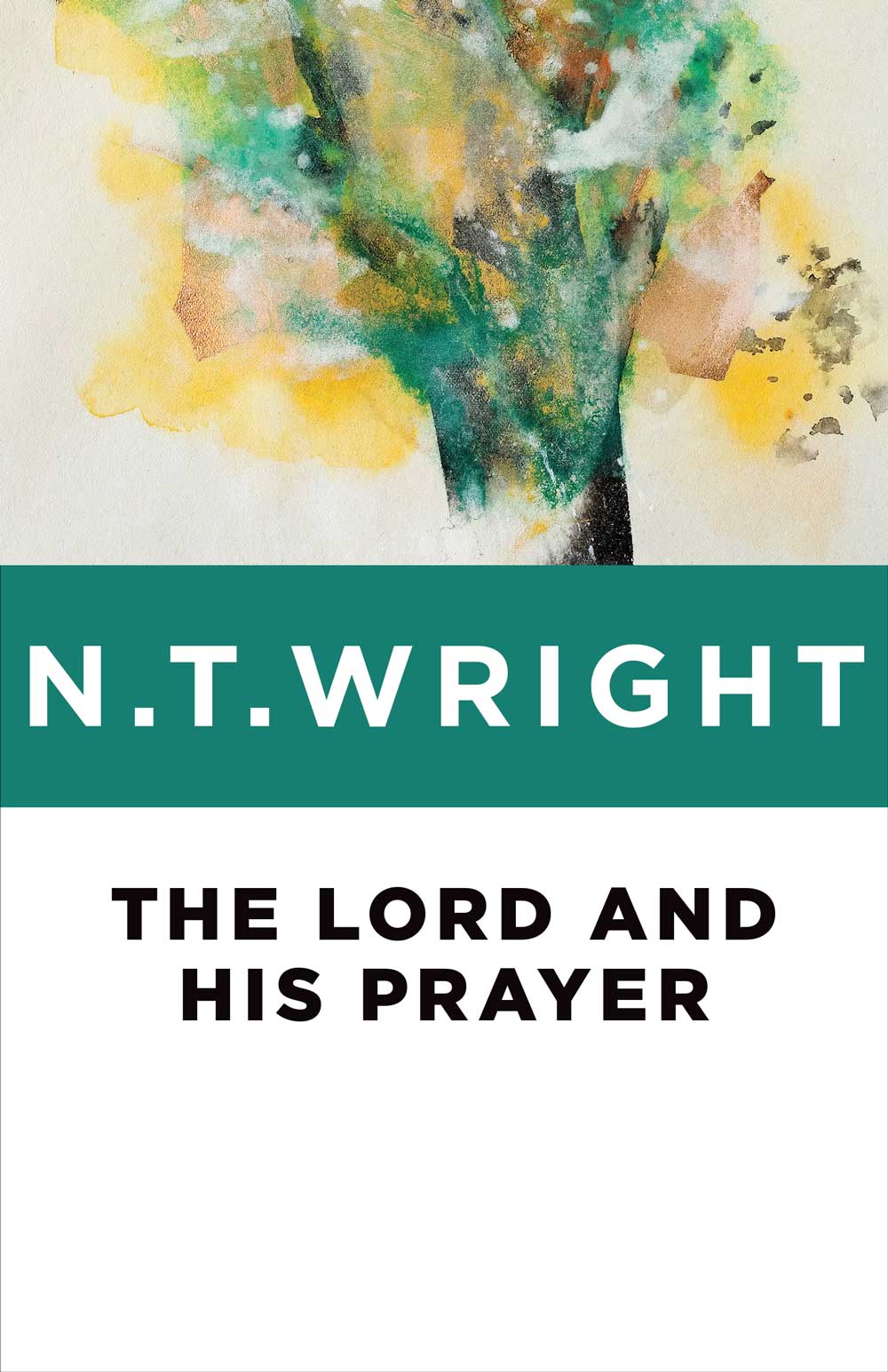
Wm. B. Eerdmans Publishing Co.
2140 Oak Industrial Drive N.E., Grand Rapids, Michigan 49505 /
P.O. Box 163, Cambridge CB3 9PU U.K.
www.eerdmans.com
1996 N. T. Wright
All rights reserved
First U.K. edition published 1996 by
Society for Promoting Christian Knowledge
36 Causton Street, London SW1P 4ST
First American edition published 1997 by
Wm. B. Eerdmans Publishing Co.
New edition published 2014
Printed in the United States of America
Library of Congress Cataloging-in-Publication Data
ISBN 978-0-8028-7177-0
eISBN 978-1-4674-2884-2 (ePub)
eISBN 978-1-4674-1156-1 (Kindle)
www.eerdmans.com
Contents
N . T . Wright
The Lord
and His
Prayer
William B. Eerdmans Publishing Company
Grand Rapids, Michigan / Cambridge, U.K.
for Julian, Rosamund, Harriet and Oliver
(i)
This book began life as a series of sermons preached in Lichfield Cathedral in Advent 1995. That explains some of its particular emphases, though I hope it will be found equally relevant wherever and whenever it is read. A few more words about its origin may help.
I have been wanting for some time to share with a different audience some of the fruits from my last ten years of academic study, working on the historical life of Jesus. I didnt want just to write another series of lectures; if my conclusions are correct, it is actually more appropriate that such thoughts should come together within the worshipping and witnessing life of the church.
Jesus message summons us to focus our thoughts on the coming of the Kingdom of God. Because that is a huge and difficult idea, I here focus that thought, too, on one small point: namely, the prayer that Jesus taught, the so-called Lords Prayer. We live, as Jesus lived, in a world all too full of injustice, hunger, malice and evil. This prayer cries out for justice, bread, forgiveness and deliverance. If anyone thinks those are irrelevant in todays world, let them read the newspaper and think again.
The more I have studied Jesus in his historical setting, the more it has become clear to me that this prayer sums up fully and accurately, albeit in a very condensed fashion, the way in which he read and responded to the signs of the times, the way in which he understood his own vocation and mission and invited his followers to share it. This prayer, then, serves as a lens through which to see Jesus himself, and to discover something of what he was about.
When Jesus gave his disciples this prayer, he was giving them part of his own breath, his own life, his own prayer. The prayer is actually a distillation of his own sense of vocation, his own understanding of his Fathers purposes. If we are truly to enter into it and make it our own, it can only be if we first understand how he set about living the Kingdom himself.
A further reason for my taking of the Lords Prayer as my theme in the sermons from which this book developed has to do with our stated aim in the Lichfield Cathedral Strategic Plan, developed by the Chapter over the last two years. Our first priority for action, we have said, is to develop the prayer-life of the Cathedral. This dovetails completely with the Lichfield Diocesan Strategic Plan, entitled Growing the Kingdom, in which our Bishop, Keith Sutton, has placed worship and prayer as the first of our stated objectives.
One central part of our task as a Cathedral, of course, is precisely to be a powerhouse of prayer for the whole Diocese. 1995 saw the celebration of the 800th anniversary of the present (Gothic) Cathedral, built on the site of the previous Saxon and Norman ones, and we have been using our celebrations to launch various new ideas and programmes. The series of sermons which turned into this book began shortly after our celebrations had reached their climax. As we took a deep breath after all the tumult and excitement of the festivities, I couldnt think of any better way to draw 1995 towards its close than to turn our thoughts to what we all agree is one of the most central things in our life, namely, prayer.
Where better to start that than with the prayer that Jesus himself taught us? If we value and marvel at the fact that Christian worship has been offered in our Cathedral church for nearly thirteen hundred years and it is indeed a wonderful thing how much more ought we to cherish and marvel at the fact that for nearly two thousand years people have prayed this prayer. When you take these words on your lips you stand on hallowed ground.
(ii)
Prayer is, of course, a mystery. Its become quite commonplace to say this. Many Christians, including many clergy, have come to accept that they dont find prayer easy, that they dont really understand what it does or can do. Many have become, in a puzzled sort of way, vaguely reconciled to this perplexity, as though it makes them in some way second-class citizens. Some lay folk, if you ask them about their own prayer, will tend to say Oh, I leave that to the clergy. Some clergy will say, Oh, I leave the serious stuff to the monks and nuns. Some in the monastic communities will say well, we cant all be mystics, can we?
Well, no, I suppose not. But there is good scriptural warrant for finding prayer puzzling and mysterious. St Paul, in a famous passage, says that we dont know how to pray, or what to pray for, as we ought, and says that we therefore depend on Gods spirit to help us, catching us up into the agonizing dialogue between the living God and the pain of the world, even though we dont really understand whats happening (Romans 8.18-27). That may be humbling, but it should also be encouraging.
Even those who have made the long journey into really serious prayer come back to tell the rest of us that it remains a great mystery, that its often very hard work with little apparent or immediate reward. They do, however, tend then to add tantalising things about mounting up with wings like eagles, about being changed from glory into glory, about God having prepared for those who love him such good things as pass human understanding. Those people who, like Moses, disappear into the cloud of unknowing sometimes return without realising that their faces are shining.
As we pursue this mystery, then, where better to start than with the words Jesus himself taught us? The Lords Prayer has of course, like all parts of the New Testament, been subjected to rigorous historical and theological analysis. I have learnt much from this scholarly research; but this book is not the place for quoting the scholars, or noting my various discussions with them. Those who want to follow things up could read The Prayers of Jesus by Joachim Jeremias (SCM, 1967), though in various ways scholarship has moved on since then. There is also a good article on the Lords Prayer by J. L. Houlden in the very useful Anchor Bible Dictionary. Much significant commentary on the prayer, however, is contained in the relevant section of commentaries on Matthew and Luke, and of books about Jesus himself. I refer readers to those.
How do you set about praying? From our point of view, there is a fairly obvious order of priorities. Were usually in some sort of mess, and we want God to get us out of it. Then weve usually got some fairly pressing needs, and we want God to supply them. It may strike us at that point that theres a larger world out there. Again, we probably move from mess to wants: please sort out the Middle East, please feed the hungry, please house the homeless.
But then, once more, it may dawn on us that theres not just a larger world out there; theres a larger God out there. Hes not just a celestial cleaner-up and sorter-out of our messes and wants. He is God. He is the living God. And he is our Father. If we linger here, we may find our priorities quietly turned inside out. The contents may remain; the order will change. With that change, we move at last from paranoia to prayer; from fuss to faith.
Font size:
Interval:
Bookmark:
Similar books «The Lord and His Prayer»
Look at similar books to The Lord and His Prayer. We have selected literature similar in name and meaning in the hope of providing readers with more options to find new, interesting, not yet read works.
Discussion, reviews of the book The Lord and His Prayer and just readers' own opinions. Leave your comments, write what you think about the work, its meaning or the main characters. Specify what exactly you liked and what you didn't like, and why you think so.

